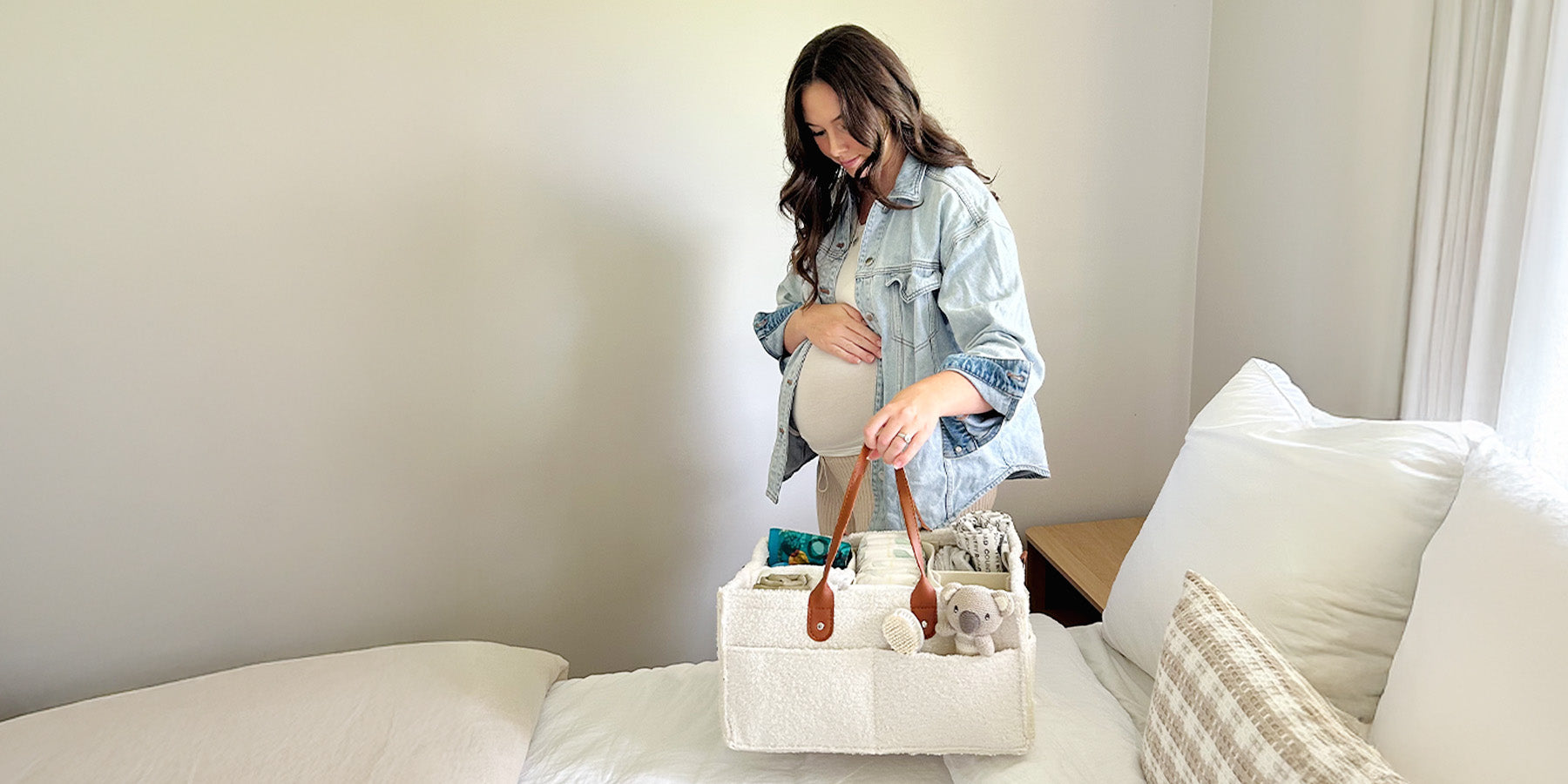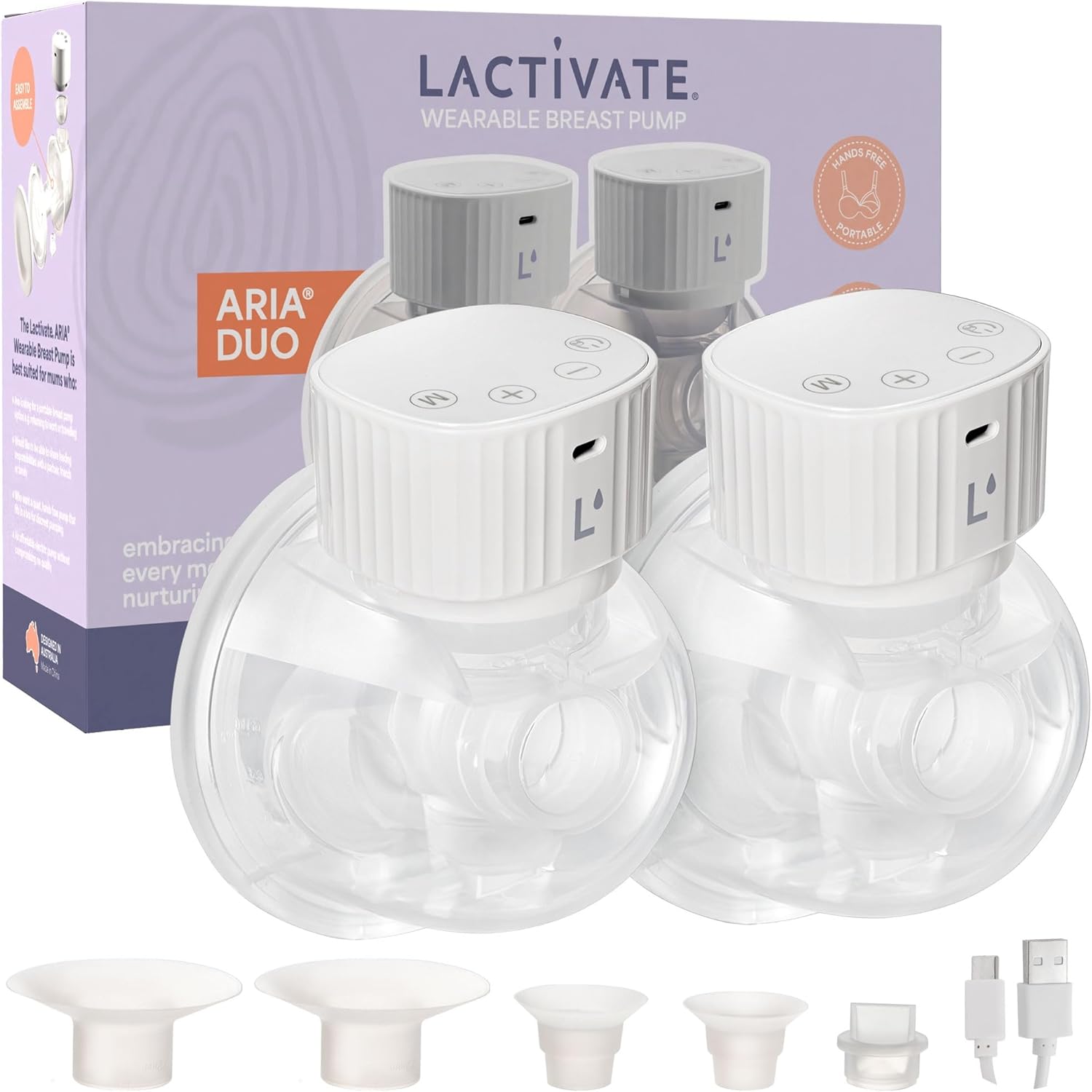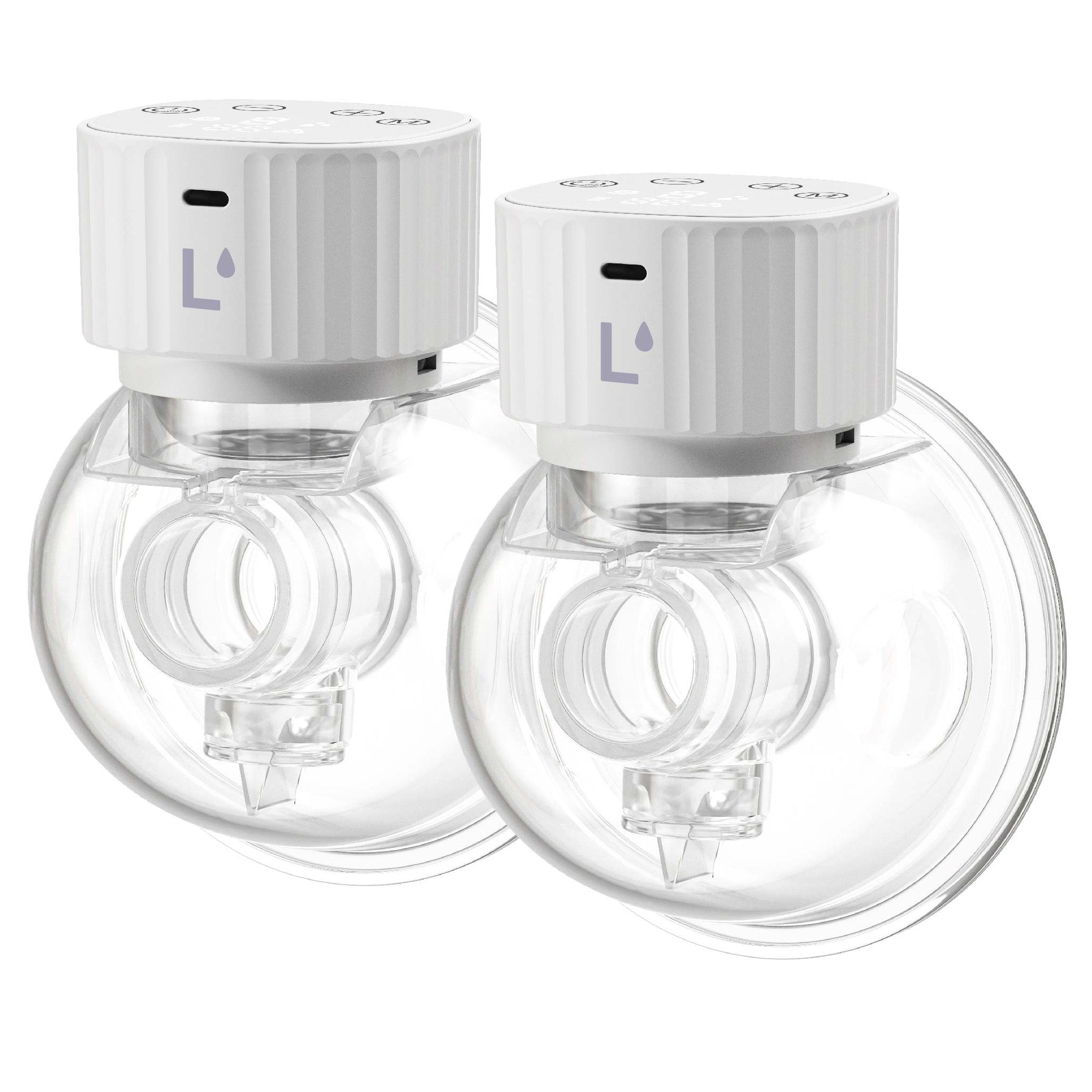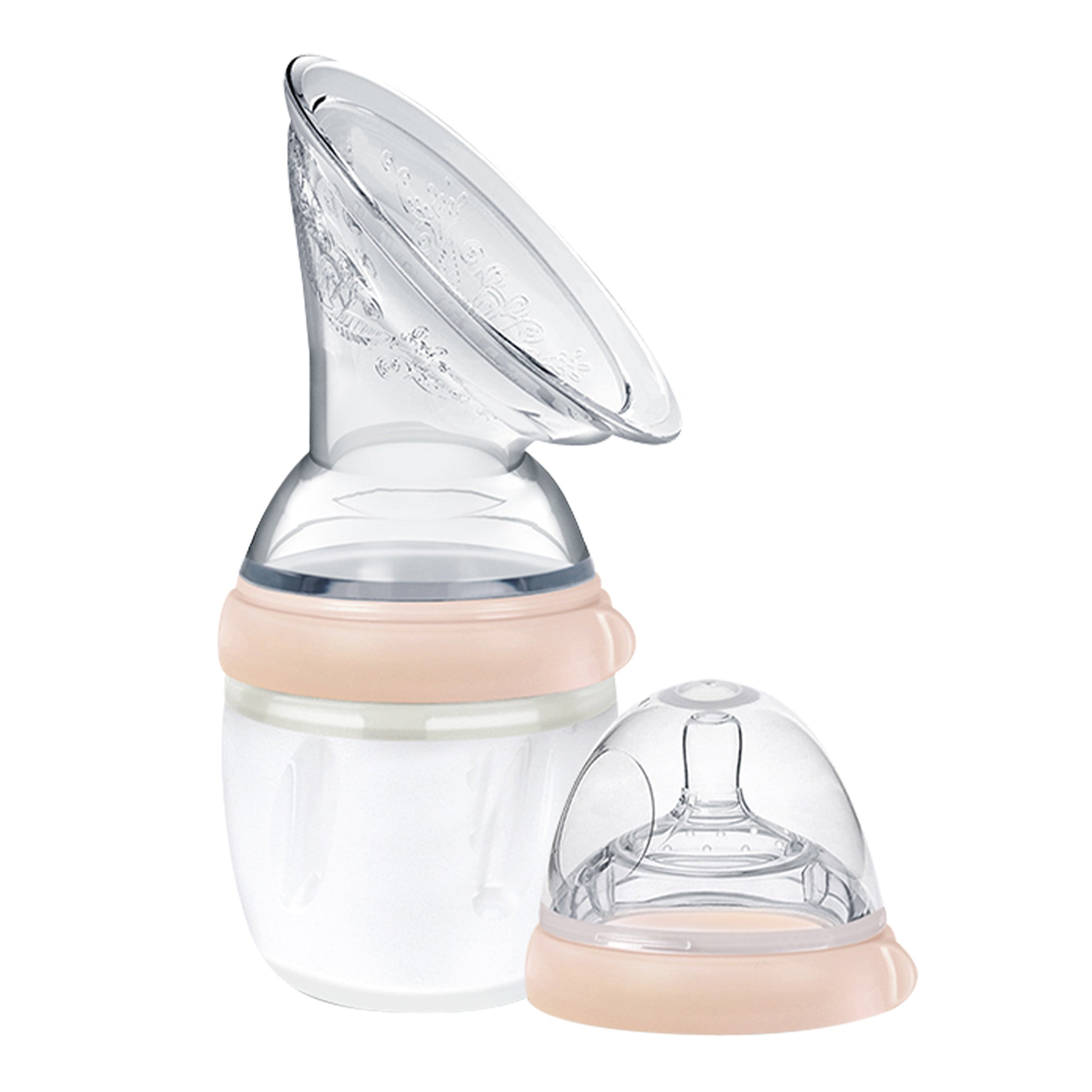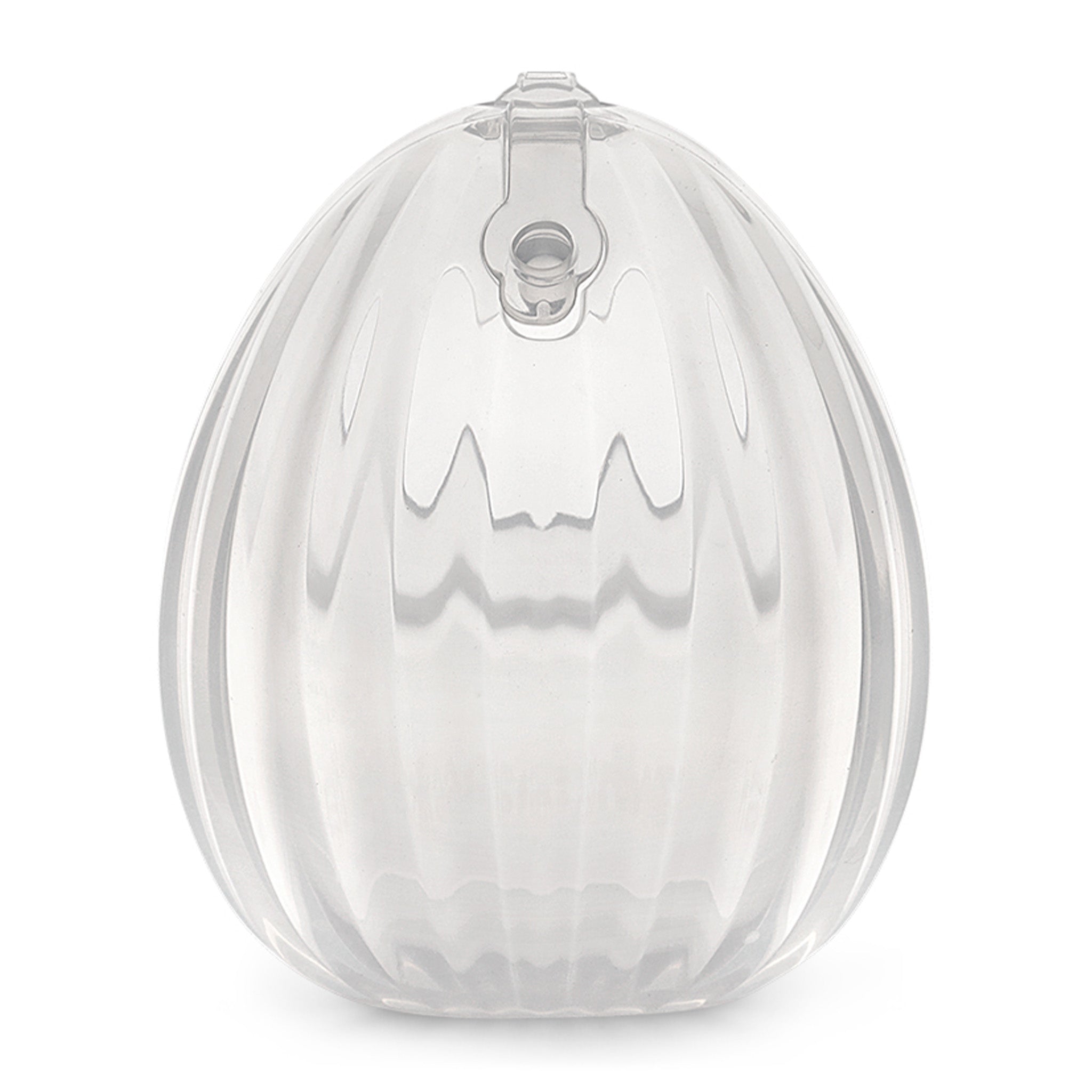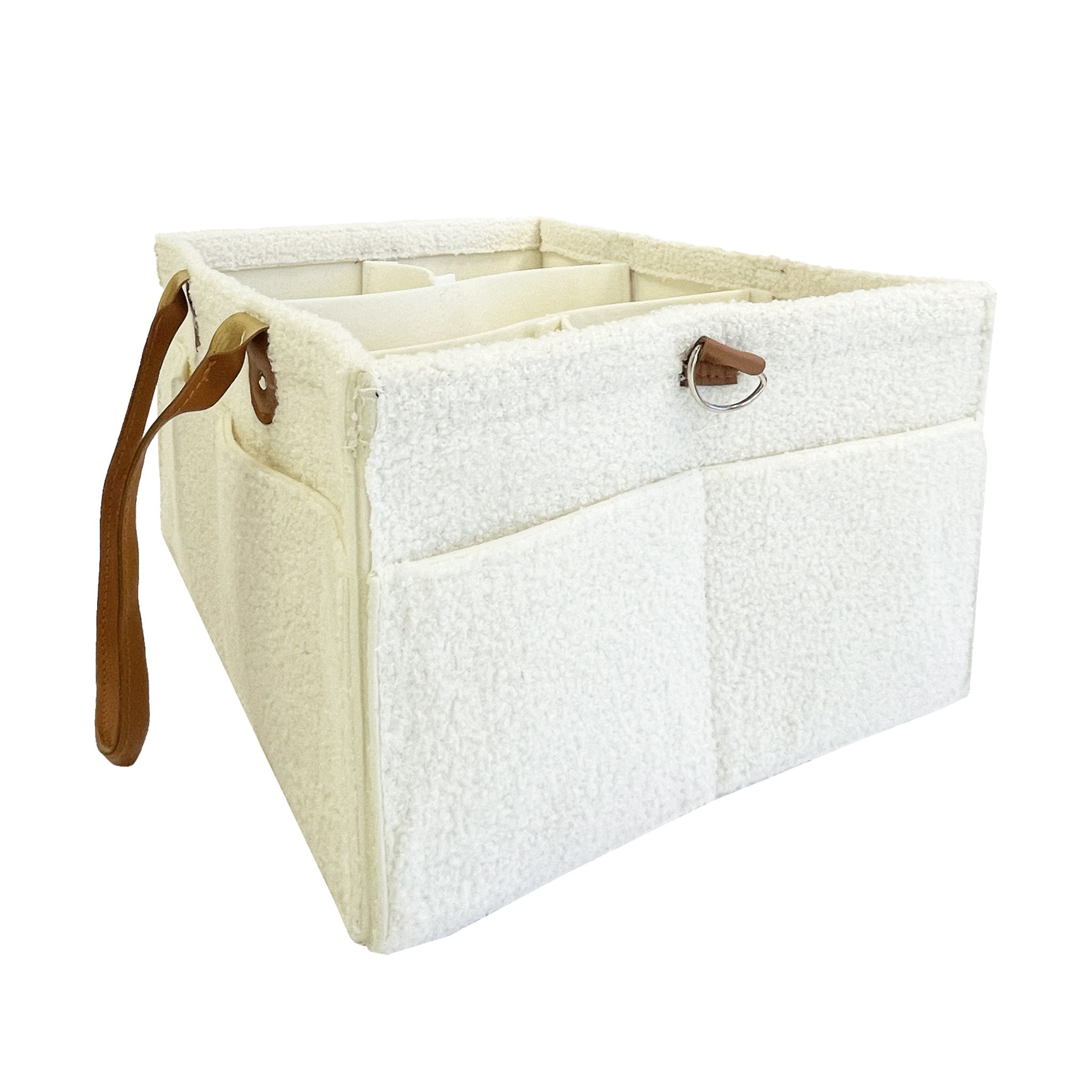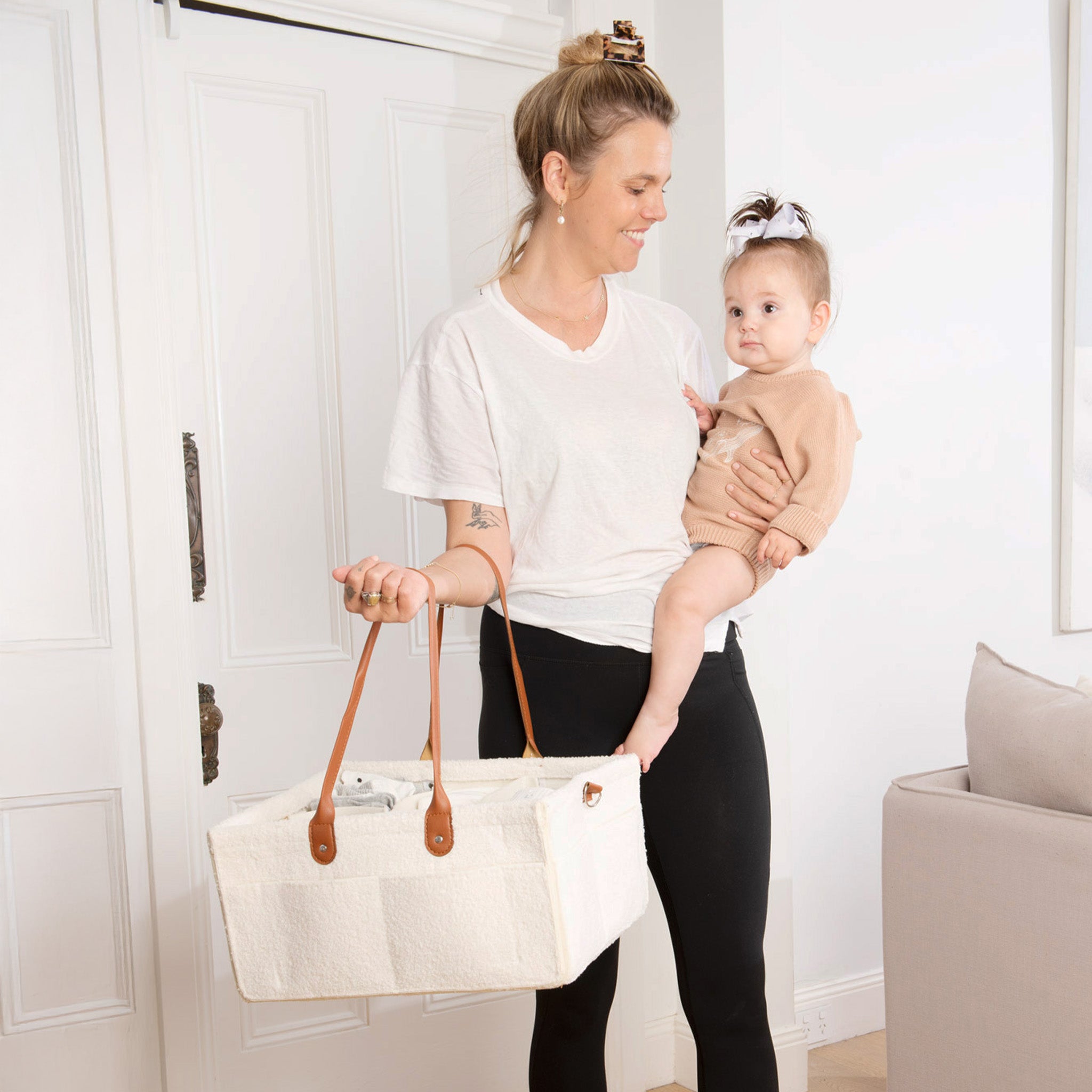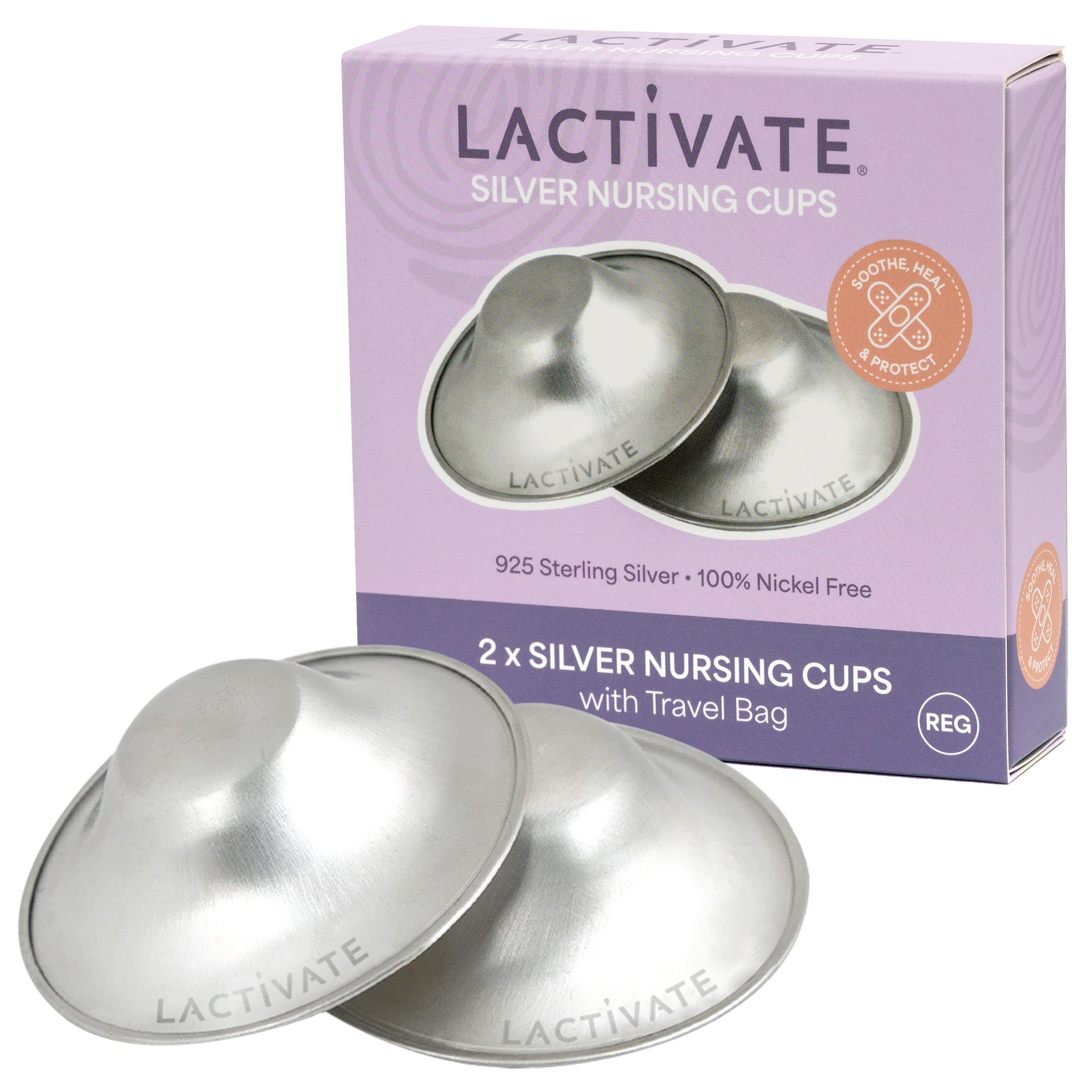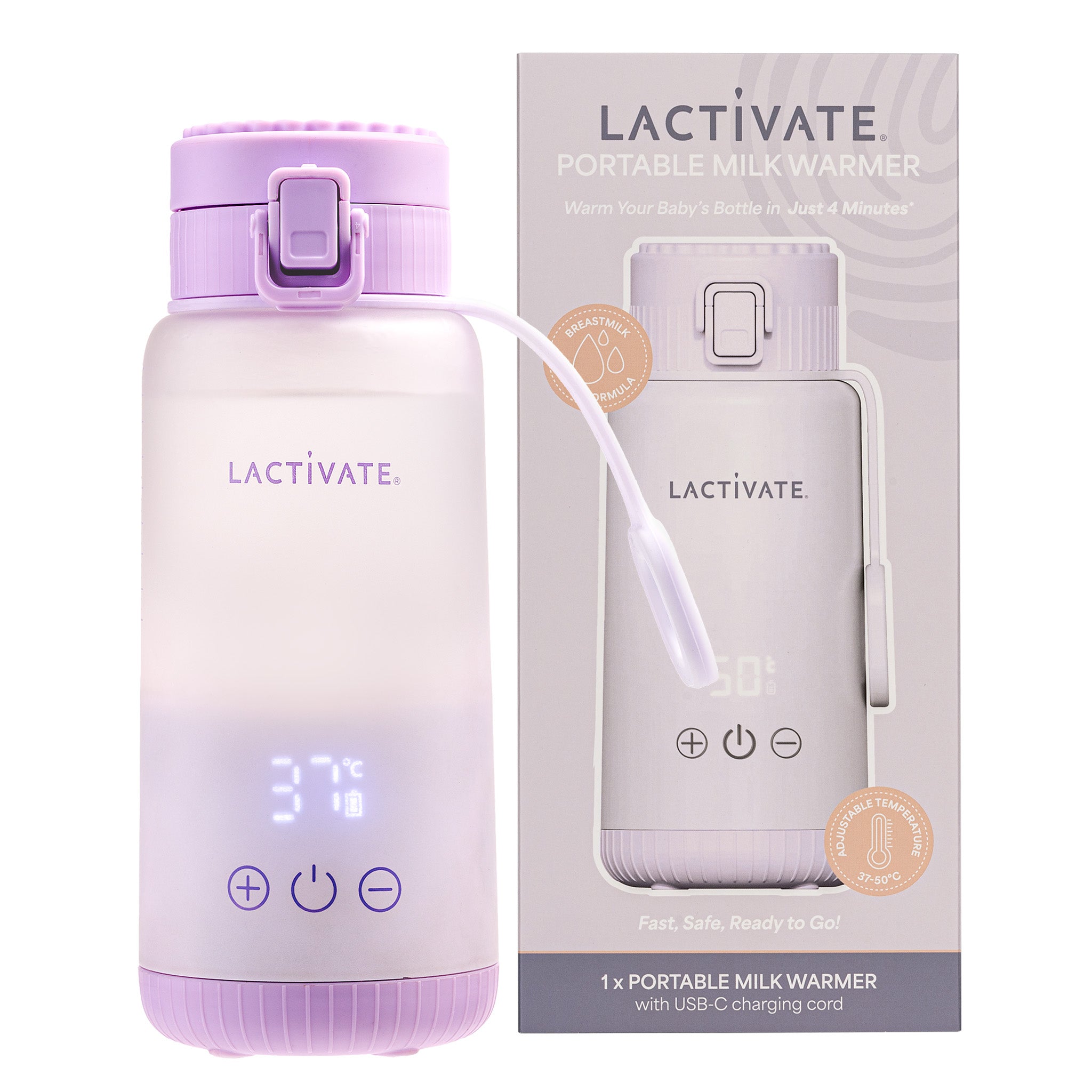Sometimes, no matter how prepared we think we are when it comes to nursing and expressing, there comes a time when professional help is needed. I struggled with latching, expressing and a slow let-down reflex. It got to the point where my daughter rejected the breast and I had to tease her lips with the dummy in order for her to start sucking. I then had to quickly drop my boob in her mouth before she figured out what was going on. Every feed was a stressful and exhausting mission and it seemed that the harder I tried, the worse it got.
I was very fortunate to be referred to lactation consultant Sharon Armstrong, who not only helped me with the technical aspects of feeding, but also gave me the tools and confidence to relax and start to enjoy breastfeeding again.
Sharon Armstrong is an internationally certified lactation consultant, a child health nurse with over 20 years’ experience helping families. She also owns the health and wellness centre ‘Embrace Life’ in Brisbane and she has generously agreed to share her extensive experience with Milkbar.
What is a lactation consultant?
A lactation consultant supports women who are breastfeeding and works specifically with women who are experiencing breastfeeding and feeding issues. These issues can include latching and positioning difficulties and painful breastfeeding. Consultants can work both antenatally and postnatally and assist women to make the transition into motherhood and breastfeeding successfully.
Are you are a mother yourself?
I am the mother of two beautiful boys, now 11 and 9. Having my own children was completely different and very challenging, though worth all the challenges.
How did you become a lactation consultant?
I have a Masters in Nursing and have worked with families for 20 years. I could see that women needed more support and information about breastfeeding and so I sought further qualifications to cement my learning and enable me to help more women. I am also an International Board Certified Lactation Consultant through International Board of Lactation Consultant Examiners. In order to attain this qualification the applicants must complete 500 hours of breastfeeding support plus attainment of a health qualification in order to sit the exam. The exam itself is held once a year at the same time and same day internationally.
What do you enjoy most about being a lactation consultant?
I enjoy being able to help mums feel confident about themselves, not just in that instance but assisting them with ongoing skills to be happy and healthy parents.
How can lactation consultants benefit breastfeeding mothers?
We offer extended support and information, particularly for new mothers. We are able to look at the interaction between mother and baby and support the mother to read her baby better. I specialise in helping mothers and babies connect and work together as a team. I often visit mums who are working really hard doing all the work, without letting their baby use the skills they are born with.
What are some of the common challenges breastfeeding mothers face?
We give new mothers too many rules. They come out of hospital with advice saying ‘don’t do this’ or ‘you have to do that’ and it is often very confusing.
What is the most common misconception or incorrect advice women receive about breastfeeding?
The most common one is having a structured position and being too rigid. A lot of women are shown to grip the breast or hold the baby in particular position such as sitting upright. They're told to push the baby onto the breast when they’re crying, as the mouth is open or pull the baby’s hands out of the way. None of this is relaxing for the mum or the baby. If there is too much structure when feeding, and the mother doesn’t feel relaxed, it can create or exacerbate difficulties.
How can mothers prepare if they are returning to work?
Mothers should try to gradually build up a stock pile in the few weeks prior to returning to work. Being relaxed as you express is very important as any small amount of anxiety effects how much milk a mother gets. To get better volume you should aim to express for 5 minutes randomly throughout the day. Put the kettle on, express for 5 minutes each side, and then give it up. A lot of mums go hell for leather and end up stressing themselves out and this affects their milk supply so they try formula. A month before going back to work, introduce the expressed milk to your baby. If your baby is less than 6 months, introduce a bottle with someone else feeding them. If the baby is over 6 months then use a sippy cup, not a bottle.
What is your top advice if a mother is struggling with breastfeeding?
It helps if mum lies in a reclined position with the baby on her chest and lets her baby do the work. Mum needs to be relaxed and confident in order for the baby to do what they need to do. This allows mothers and babies to work as a team.
Are there any additional therapies that can benefit or assist with breastfeeding?
Chiropractic is excellent because if the baby is tight, stressed, had a quick or traumatic delivery or was in an odd position throughout their pregnancy, they will often have difficulty feeding. If they’re in pain through the head, neck, shoulders or lower back it is difficult for them to attach and can also effect both oral sucking and position. Chiropractic can loosen them up and allows the baby to relax. I work very closely with our chiropractic team to provide holistic care. Make sure that any therapist you see is qualified to work with infants.
Where are you based?
I am based in North Brisbane at Embrace Life Natural Therapy Centre. Parents can book appointments at the clinic or I do in home visits. I am also available for Skype and phone consultations.
Contact Embrace Life:
http://www.embracelife.net.au
http://www.facebook.com/embraceparenting.net.au
As I am based in Sydney, my phone consultation with Sharon was invaluable and I was able to get breastfeeding back on track. I also took my daughter to a chiropractor who specialised in infants and there were noticeable improvements in her sleep.
As a side note, my slow let-down reflex resolved itself when I moved house and away from a stressful situation. I know we mums get told to relax all the time, and it’s so hard to do, but in this instance it made a vast improvement to my breastfeeding and expressing.
These are my personal experiences and I hope sharing them has been of help. I want to thank Sharon for taking the time to speak with Milkbar and share her expertise.
Note: Please ensure that any health practitioner is certified by their professional board and that they are qualified to work with infants.
Add your own stories and experiences in the comments section below.


